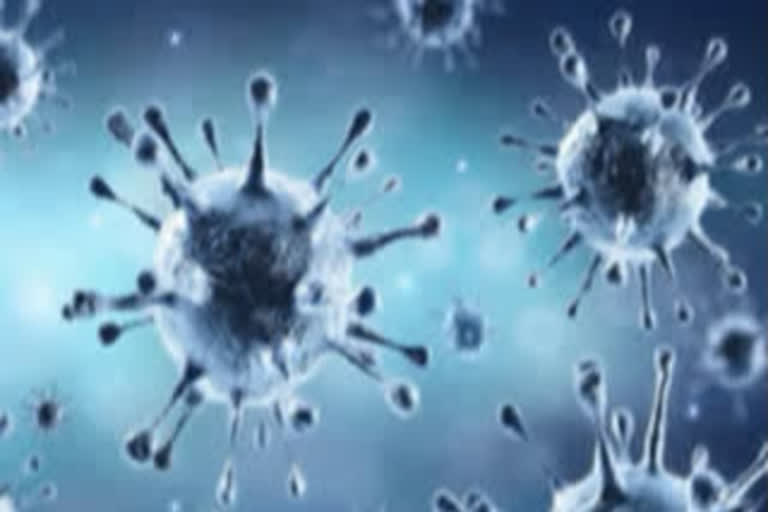New Delhi: Raising concerns over Covid-19 in the midst of the upcoming festival season, a study compiled by the International Society of Travel Medicine revealed that relaxation of state travel restrictions could result in third wave. A sudden spike in population density owing to tourists influx or mass congregations for social, political or religious purposes can worsen the third wave scenario, the study said.
"Data from Himachal Pradesh suggests that in a typical holiday season, tourism can increase the population density by 40 per cent. The third-wave peak could increase by up to 47 per cent during the holiday season, and could occur two weeks earlier, compared to a scenario of easing restorations in the absence of holiday travel," said the study. The study titled "Responsible Travel to and within India during the Covid-19 pandemic" used mathematical modelling tool to analyse the risks. The study estimated that due to ease of restrictions and tourists influx during the festive season from October to next April, Covid cases reach its peak in January.
Taking to ETV Bharat, Dr Jayesh M Lele, secretary-general of Indian Medical Association (IMA) said that population density could definitely increase the infection at an alarming rate. "During the earlier spike in Covid 19 cases that took place in hill stations and other tourists destination it was found that sudden increase of mass gathering was the major contributor of such spike," said Dr Lele.
The study also observed that the role of domestic travel in the spread of Covid-19 was recognized as early as in the 'first wave' of the pandemic in 2020 in India. "India's recent second wave of Covid-19 was severe but showed varying impact in different states. Smaller states with rarefied populations witnessed not only less intense spread than was apparent at the national level, but also delayed attainment of the second peak," the study said. Amongst these states are popular tourist destinations such as Himachal Pradesh and Assam, which are currently witnessing an upsurge of visitors. The study surfaced while the country has been experiencing a respite in Covid cases.
The study funded by the Indian Council of Medical Research and UK Medical Research Council suggested six strategies to combat the spike.
1. Individuals should be advised not to travel if they have symptoms similar to Covid, including a prolonged dry cough, or loss of taste and smell.
2. States may consider making mandatory to produce proof of completed vaccination status or latest Covid-19 negative test report, in order to stay at accommodations or destinations within the State
3. The aforementioned restrictions could be applied at the point of arrival in holiday accommodations, where current rules require the collection of travellers detail.
4. All travellers should also register their contact details upon arrival, to facilitate contact tracing in the event of an upsurge in infection.
5. While visiting, travellers should be advised to observe Covid appropriate behaviour, including usage of mask and social distancing.
6. There should be a collective effort between the local population, visitors and local government.
"The state governments and local administrator has a huge task ahead especially because of festival seasons. There is no doubt that Covid cases may witness a huge surge if we can not control the situation," said Dr Giridhar Gyani, general secretary of the Association of Healthcare Providers (AHCPI-India). He further said that India at present has been witnessing smaller number of Covid cases but a single mistake can change the entire situation.
Government statistics showed that 30 districts in India's six States (tourist hotpots) including Kerala, Mizoram, Manipur, Arunachal Pradesh, Sikkim and Meghalaya still count more than 10 per cent of weekly positivity cases. Moreover, districts in Himachal Pradesh, Arunachal Pradesh, Meghalaya, Assam, Kerala and many other States weekly Covid positivity rate still report to 5 to 10 per cent of Covid cases.
Also read: Uttar Pradesh to withdraw Covid protocol violation cases under Epidemic Act



